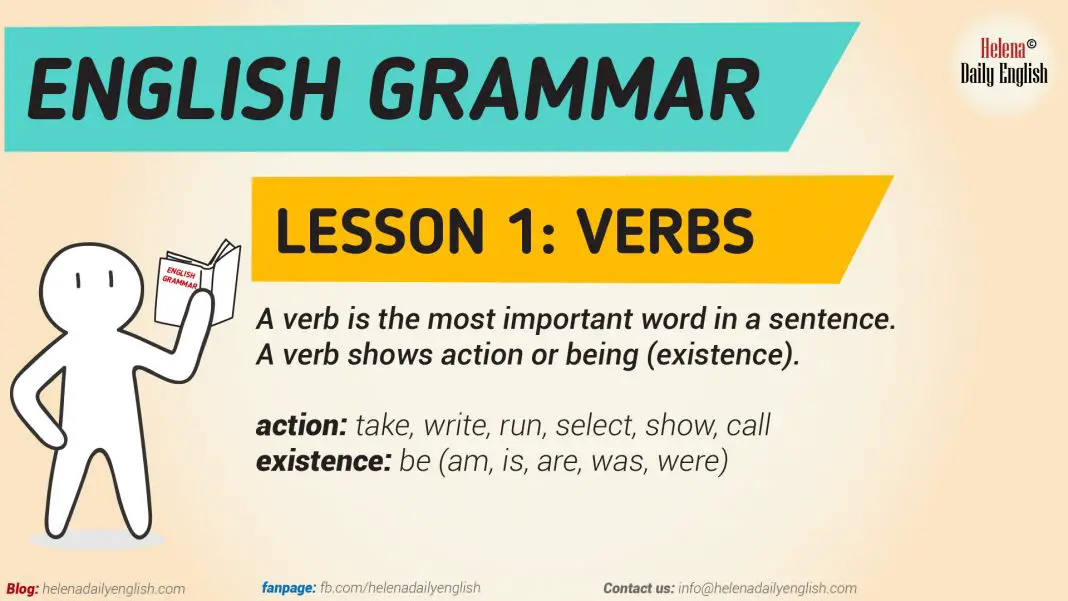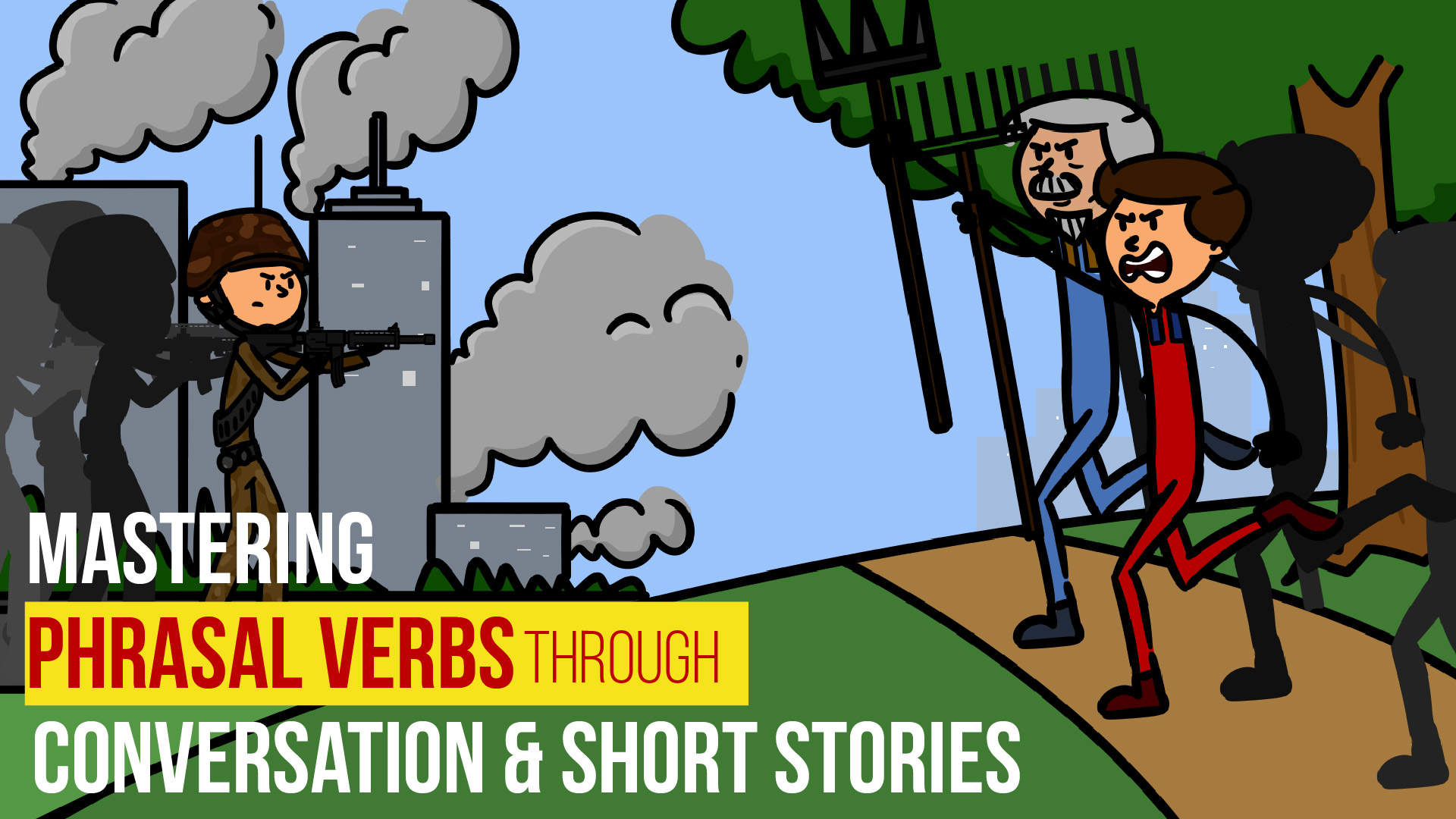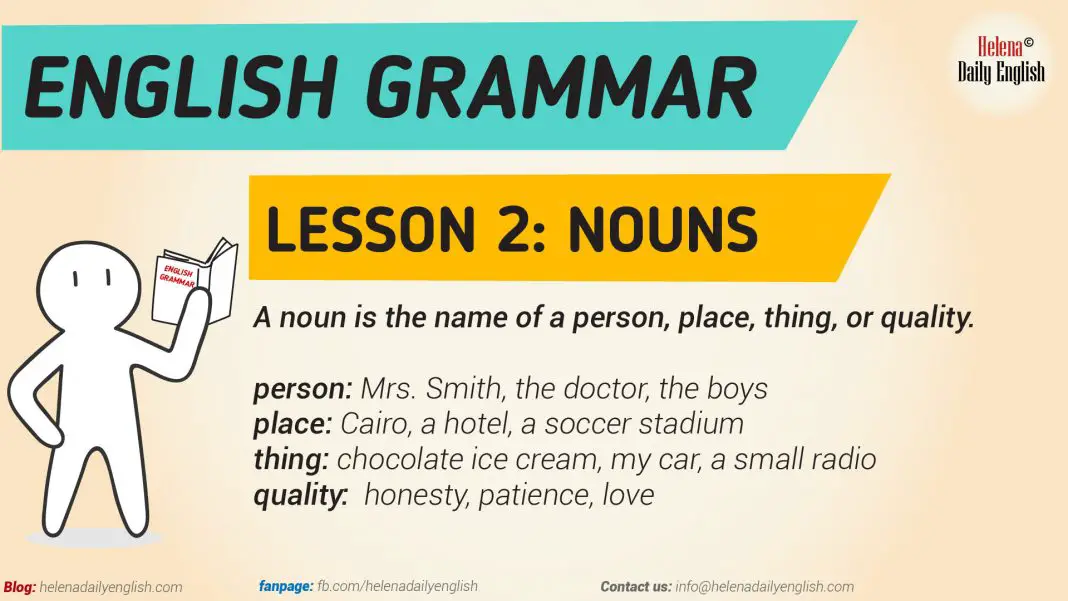Learn English Grammar: Lesson 1 – Verbs
A verb is the most important word in a sentence. A verb shows action or being (existence).
- action: take, write, run, select, show, call
- existence: be (am, is, are, was, were)
Every sentence must have a verb. Forgetting the verb is a serious error.
Remember: No verb = No meaning
Every sentence must also have a subject. The subject is the noun or pronoun that does the action of the verb.
In the following paragraph, the subject of each sentence is bolded and the verb is bolded in yellow color
My name is Keith. I am a student at Washington High School. My best friend is Joshua. He lives about two blocks from our school. His family moved here about five years ago. joshua and I are in the eleventh grade. We will graduate next year.
A sentence that does not have a subject or a verb is called a sentence fragment.
- Fragment: The president of the U.S. in the White House.
- Correct: The president of the U.S. lives in the White House.
- Fragment: Is very hot in New York City in July.
- Correct: It is very hot in New York City in July.
fragment: a piece or part of something, incomplete
The verb in a sentence can be more than one word.
- 1 word: I cook eggs for breakfast every morning.
- 2 words: I am cooking scrambled eggs now.
- 2 words: I can cook eggs with cheese and tomatoes.
- 2 words: I do not cook eggs with meat.
- 2 words: I did not cook eggs with meat yesterday.
A sentence can have more than one verb.
- 1 Verb: The assistant answered the phone
- 2 Verbs: The assistant answered the phone and wrote a message.
- 3 Verb: The assistant answered the phone, wrote a message, and gave it to Mary.
Sentences that are commands (imperative) do not have a written subject: Open the door, please. The subject (you) is understood.





